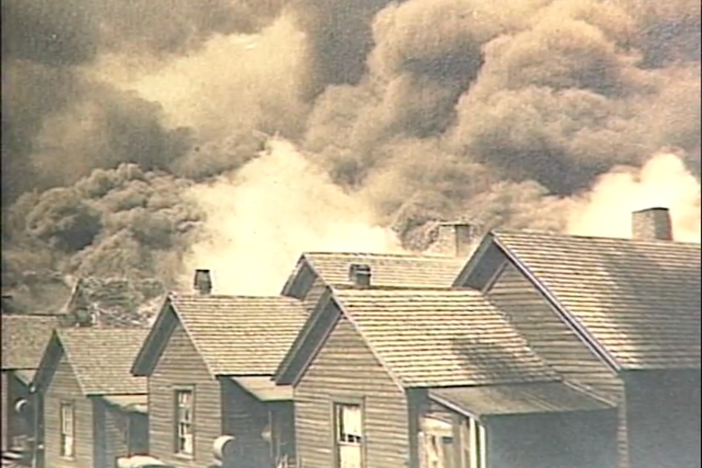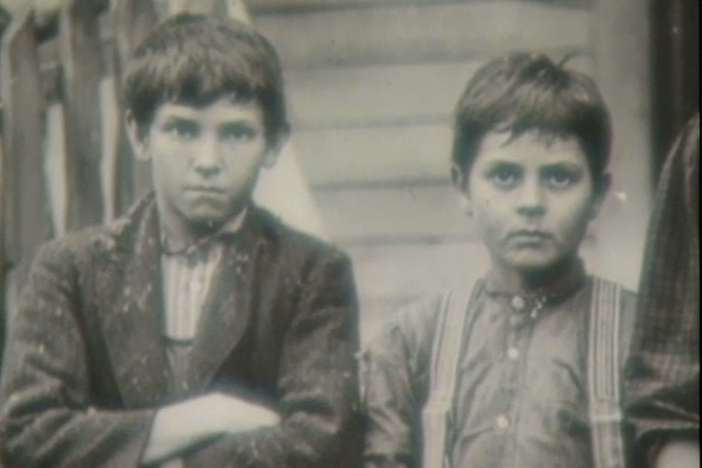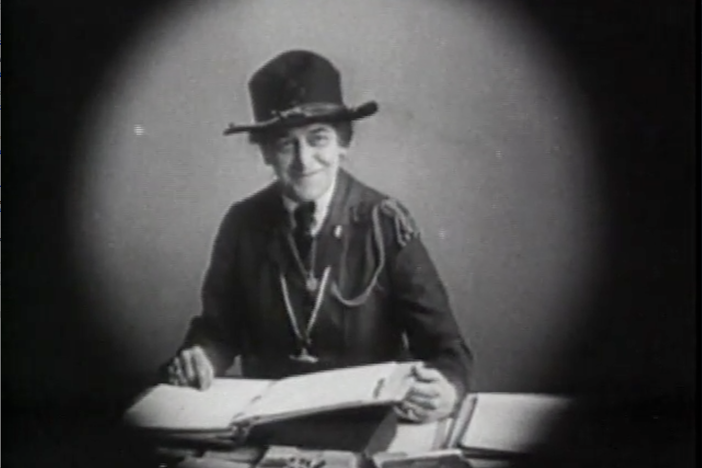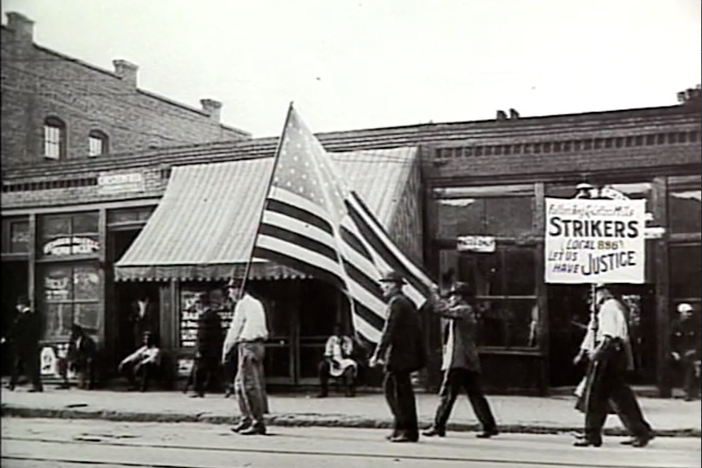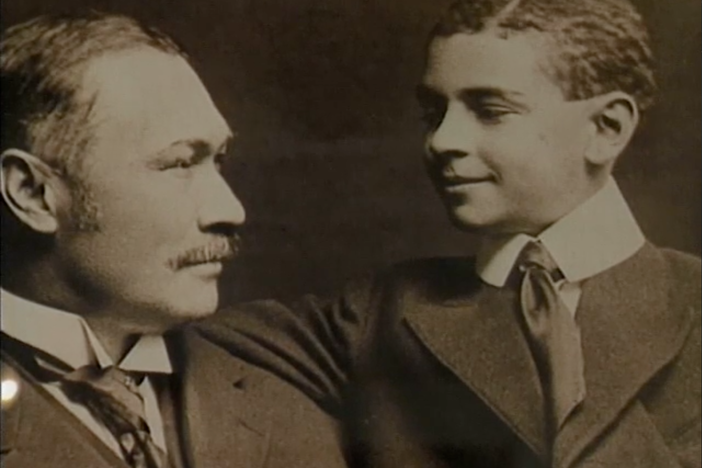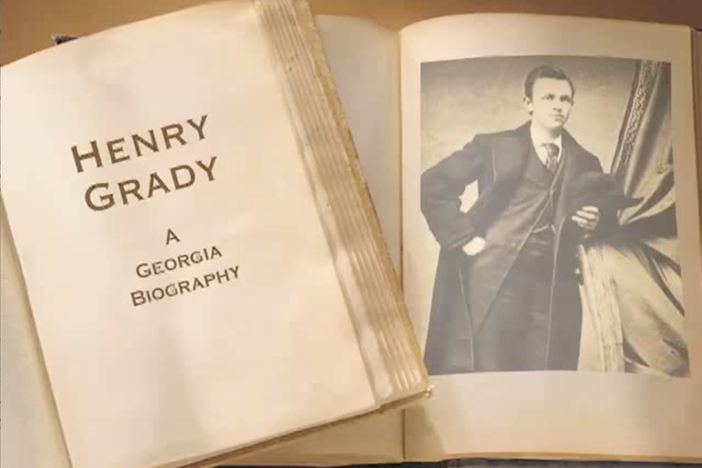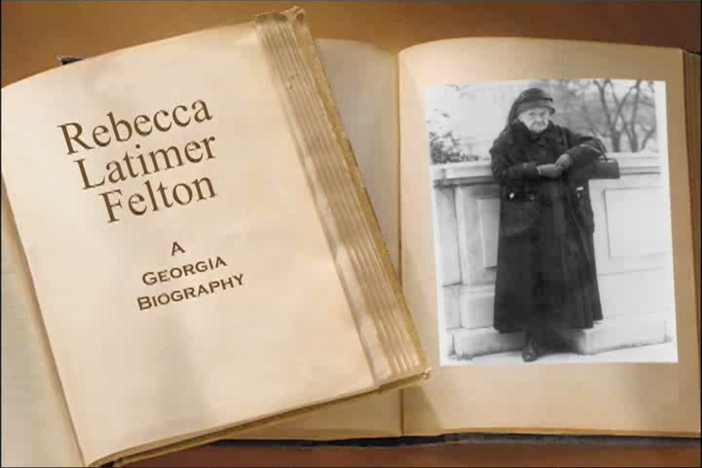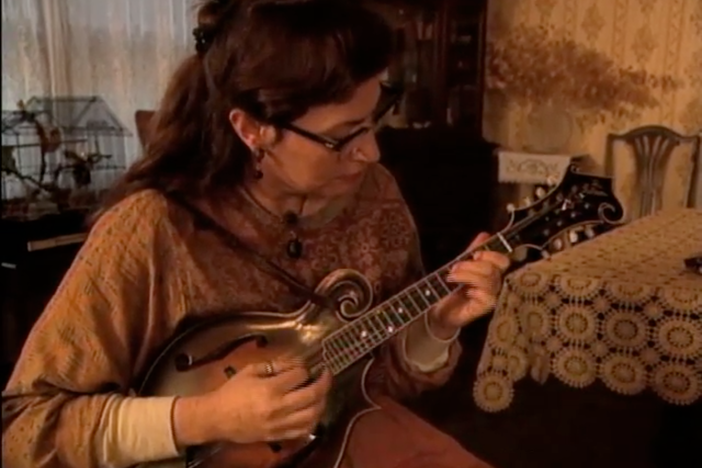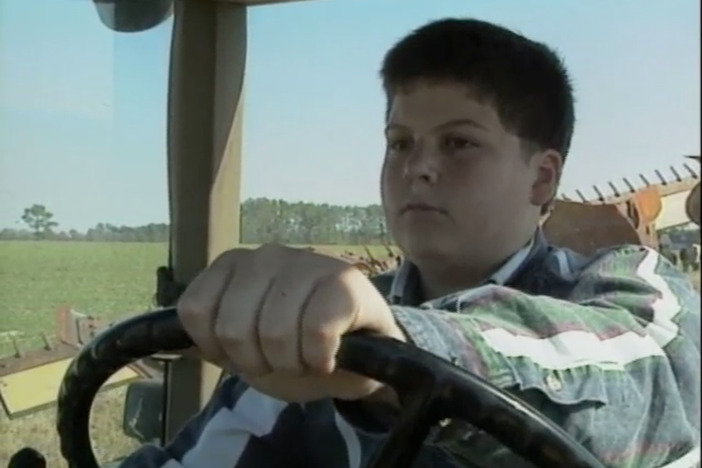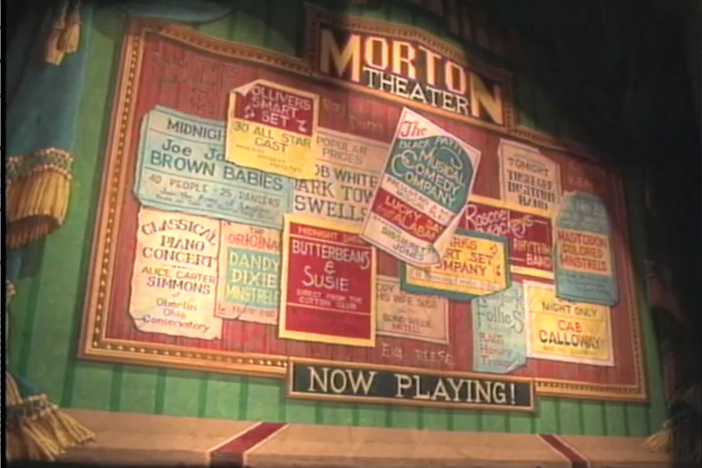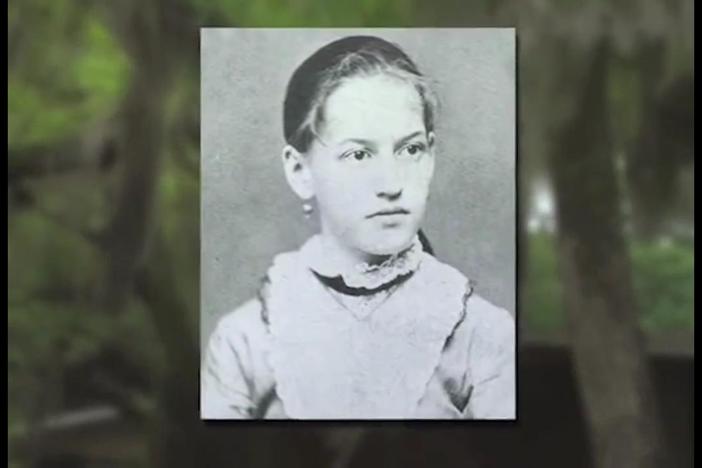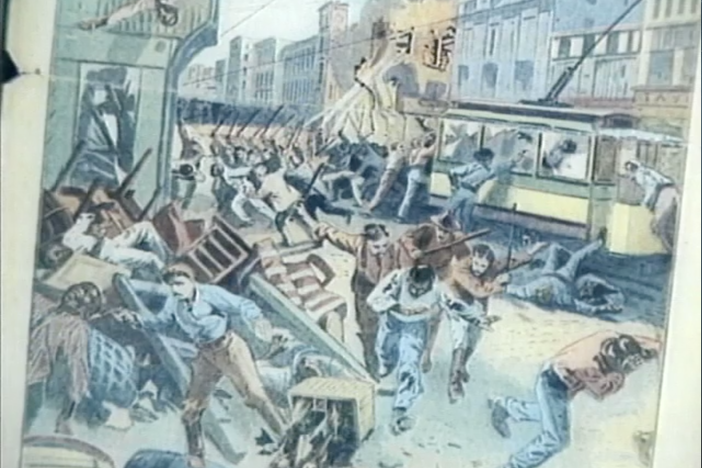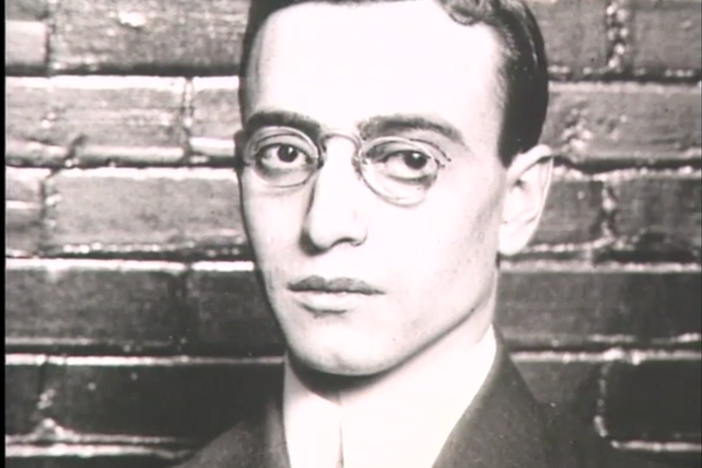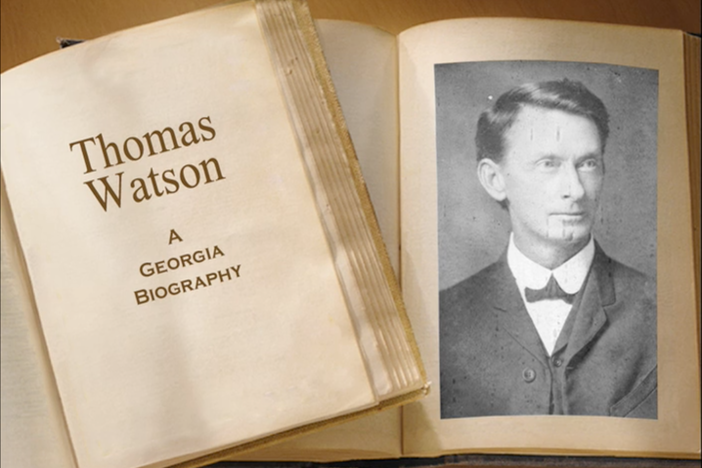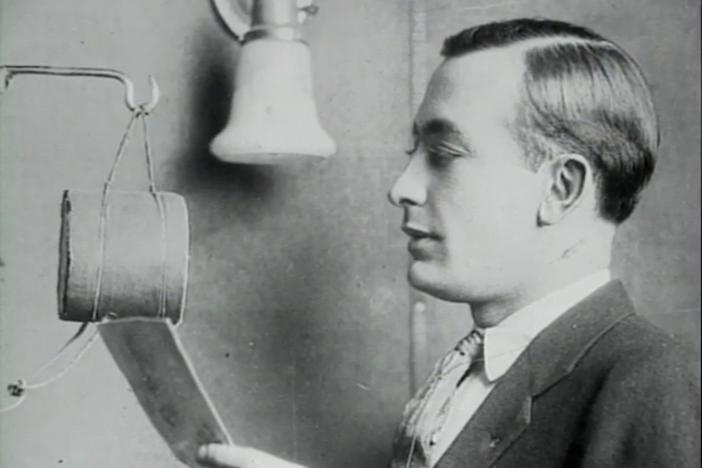Before There Were Child Labor Laws
Professor John Lupold of Columbus College describes the forces leading to the urbanization of Georgia, while retired textile mill workers Lee Manly, Jeannette Scales, and Charlie Stafford explain what it was like to work in Georgia's mills. In the early 1900s, there were no Georgia laws prohibiting child labor, a situation that coincided with the rise of the textile industry.
Before There Were Child Labor Laws
Professor John Lupold of Columbus College describes the forces leading to the urbanization of Georgia, while retired textile mill workers Lee Manly, Jeannette Scales, and Charlie Stafford explain what it was like to work in Georgia's mills. In the early 1900s, there were no Georgia laws prohibiting child labor, a situation that coincided with the rise of the textile industry.
Social Studies
Identify the ways individuals, groups, and events attempted to shape the New South; include the Bourbon Triumvirate, Henry Grady, International Cotton Expositions, and Tom Watson and the Populists.
1. Describe the conditions of working at textile mills in the early 1900s.
2. Why did the parents of child laborers oppose child labor laws?
3. Today, child labor laws do not apply to children working on farms or family businesses. Should they? Explain your answer.
1. Do a class survey to determine if your classmates work, where they work (in the home, farm, or at a place of business) and the number of hours worked per week. Do a comparison survey of a high school class asking the same questions and compare the results.
2. Stage a class simulation on the arguments for and against the child labor bill. You should draw (out of a “hat”) your role in this simulation (could be more than one of each of these, as needed): textile mill owner, state senator for the bill, state senator against the bill, woman working against child labor in the mills, parent who was for the bill, another parent who was against the bill (wanted his/her child to be able to work at a young age). Research and read references and write down your arguments for or against.
advocate: a supporter and active crusader for something or someone
amendment: an additional item attached to (or a proposed change to) a piece of legislation
legislation: a bill that is considered by politicians to be made into law
opponent: one who is against something or someone, particularly one who actively campaigns against that thing or person
proponent: one in favor of something; a supporter
provisions: terms set out in writing in order to address (and resolve) an issue, usually associated with items proposed in a bill
quorum: a minimum number of officials present in order for business to be conducted
reformer: in the early 20th century, one who sought social improvements for a class of people
sectionalism: prejudice based on geographic location; a sort of geographic version of racism
sentimentalism: excessively sympathetic feelings rooted in maudlin reasoning; sappiness
shiftless: lazy; without desire to work for oneself; often has a malicious connotation (suggests that one is exploiting others to support one's lazy ways)
vagabond: people who wander from place to place, having no permanent home nor any visible means of support
vagrancy laws: laws designed to punish parents who exhibited vagrant qualities ("vagrancy" usually refers to absence; not being around)
1. Describe the conditions of working at textile mills in the early 1900s.
Children would operate heavy and dangerous machinery. Many kids did not wear shoes because they could not afford them and would get splinters from the wood flooring. The air in textile mills also was dangerous to breathe in because it was filled with lent and would clog people's lungs.
2. Why did the parents of child laborers oppose child labor laws?
Parents often depended on their children's wages to support the family.
3. Today, child labor laws do not apply to children working on farms or family businesses. Should they? Explain your answer.
Student answers will vary.
